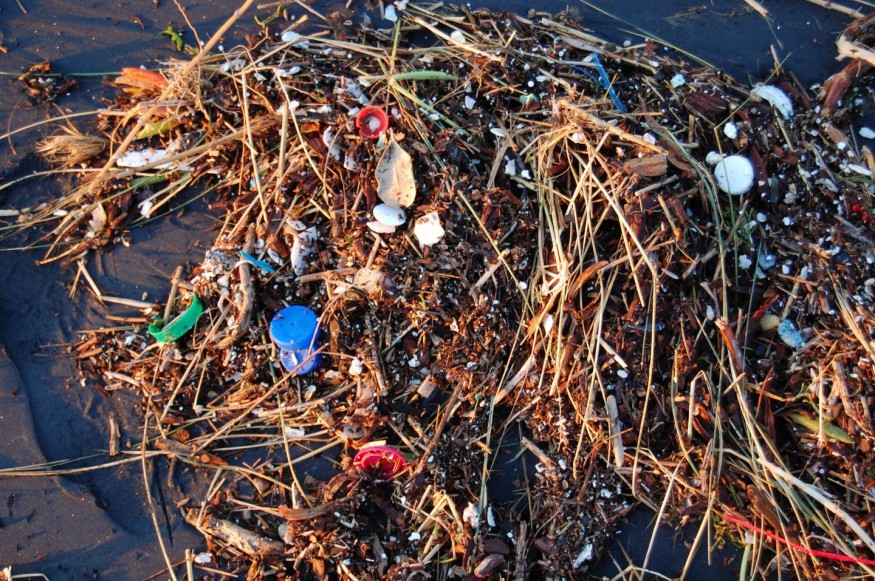
Waste reduction is probably the first and most needed step that everyone must do in order to improve the well-being of our planet. After all, waste is probably the worst sin that humans have caused. Aside from multiple animal injuries and deaths caused by plastic waste, it is also causing pollution and has become a breeding ground for multiple pathogens or their reservoirs.
This is why the zero-waste lifestyle is slowly becoming popular. But if you think this is too extreme, fear not, because you do not really have to do this. Little changes in your lifestyle such as bringing your own reusable utensils instead of using disposable variants would contribute a lot.
And you can always start with smaller steps, especially within the comfort of your own home.
Below are what you can do to reduce waste.
1. Practice recycling
You probably have heard of this a lot, but the first step is always practicing recycling. In a world where almost everything you bought comes on a disposable package, it is also essential to know how to do this.
You can go online to check more about recycling.
2. Bring your own shopping bags
Plastic bags are probably the most common plastic waste you see at the ocean. Unfortunately, it is also low-grade, so it is not good for recycling. So the next time you go out to shop, bring your own shopping bags like tote bags or reusable bags.
3. Plan your meal
It is a common problem in an American household where a food item would sit inside the refrigerator until it became inedible. And according to the US Food and Agriculture Organization, at least a third of the country's food yields have gone wasted. That's quite a lot!
The next time you go to the grocery, buy only which you are sure you will eat. Or if possible, plan your meal first and buy only the needed ingredients. Aside from decreasing waste, it also saves you money.
4. Use reusable containers
Buy high-quality jars and containers where you can store your ingredients. Instead of zip bags or foils, you can use airtight, reusable containers for leftover foods. Bees food wrap can also be used instead of food wrapper or plastic wrap. And lastly, skip plastic bottles and bring your own tumbler instead.
5. Learn how to compost
Have you done whatever you can to lessen the food waste and yet there are still some that remained? Here's the next step: compost them. You will only need extra space in your lawn, or if in case there isn't any, you can use a bin or buy a composter.
Your food waste doesn't need to go to landfill. Most of the time, if not always, it should be returned to the land and make your garden plants healthier.
6. Don't throw broken things immediately. Repair it first.
Before throwing away a broken item, check first if it is repairable, especially if it is electronics. Some companies offer repair service for free or for some amount that is definitely a lot cheaper than buying a new one right away. If they don't, you can always go online for tutorials. There are many Youtube channels that give quick lessons.
7. Cancel unneccesary mail subscriptions
Papers might not be as detrimental as plastics to the environment, it is still can accumulate to the thousand of tons of waste problems the world is facing. If your mailbox is bombarded with catalogs and junk mails that you probably do not read anyway, cancel the subscription. Or if possible, opt for e-mail instead.
© 2025 NatureWorldNews.com All rights reserved. Do not reproduce without permission.





